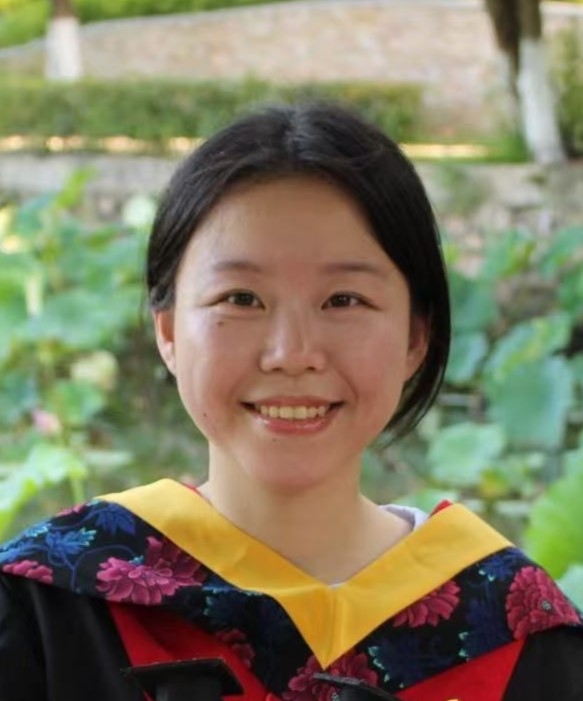Interview with our new bioinformatician Jiaying Zhu
Jiaying Zhu is a bioinformation with a Ph.D. from the College of Life Science and Technology, Huazong University of Science and Technology, China. During her Ph.D. the research focused on the interplay between gut microbiota, drugs and disease. She has been involved in publishing several high-quality research papers. Jiaying recently did an intership at our lab, as part of her Ph.D studies and we are glad to have her back.
How come you decided to work in our lab and what are you hoping to learn from working with us?
"I chose to join this lab because of the outstanding supervision and unique research environment it offers. Professor Fredrik Bäckhed is a world-leading scientist who pioneered the concept of the gut microbiota as a regulator of host metabolism and has built one of the most internationally recognized laboratory in cardiometabolic disease research. His team combines expertise in mouse models, microbial physiology, metabolomics, and clinical epidemiology, with access to richly phenotyped population cohorts, creating an ideal setting for interdisciplinary and translational science. For me, this environment is perfect to expand my academic horizons, gain new skills, and connect computational research with experimental and clinical insights."What is your research focus and your role in the group?
"My research is focused on the interactions between the gut microbiome, microbial metabolites, and cardiometabolic diseases such as type 2 diabetes and cardiovascular risk. I am investigating how gut microbes and tryptophan-derived metabolites influence host metabolism and whether they can serve as early biomarkers or therapeutic targets for prevention. My primary role in the group is as a bioinformatician, focusing on the analysis of complex multi-omics datasets in microbiome–disease research. I use my expertise to uncover and interpret interactions between microbes, metabolites, and host health."How come you choose this field of science?
"The reason why I chose to work within science was my curiosity about how invisible microbes shape human health and disease, and my motivation to generate knowledge that can ultimately be translated into clinical applications and truly benefit patients."What would you like to achieve with your science (for yourself and/or others)?
"I aspire to advance our understanding of the human microbiome and its complex links to health and disease, with a particular focus on the role of metabolites in these interactions. Personally, I aim to further develop my expertise in bioinformatics and microbiome research, enabling me to uncover insights that can guide new therapeutic strategies. Most importantly, I hope to ensure that these scientific findings are not confined to data or publications, but are translated into practical tools for early diagnosis, prevention, and treatment. My ultimate goal is to bridge the gap between research and clinical practice, so that my work can truly benefit patients and contribute to better health outcomes.""What is your impression so far?"
"I like to work in this team because it combines strong expertise in both basic and clinical research, provides access to unique patient cohorts, and fosters an open and collaborative environment where I can develop as an independent scientist. At the same time, I have the opportunity to learn from leading experts across diverse fields, while enjoying a stimulating scientific atmosphere and harmonious relationships with colleagues."
Welcome - we are glad to have you back on the team!



